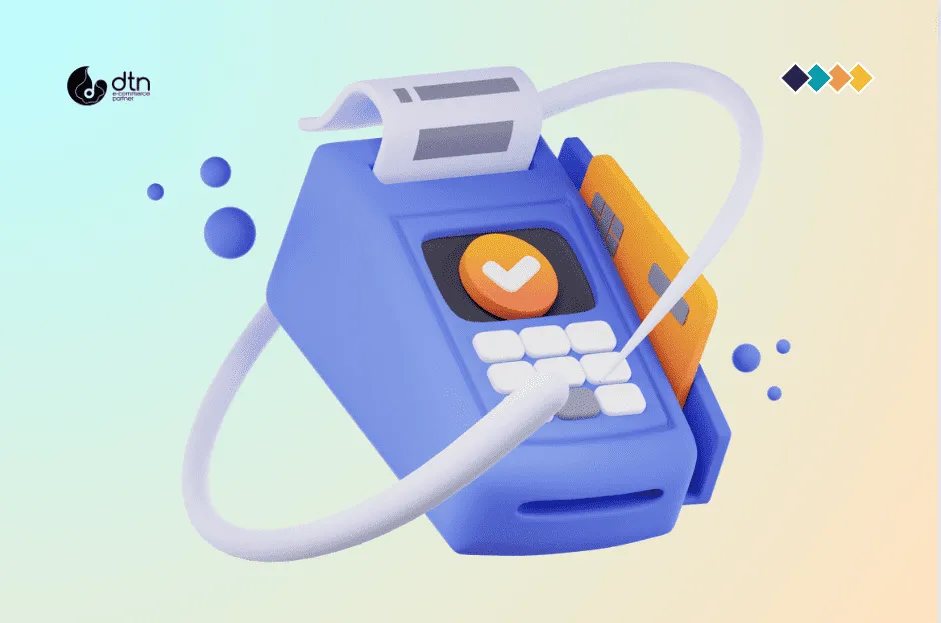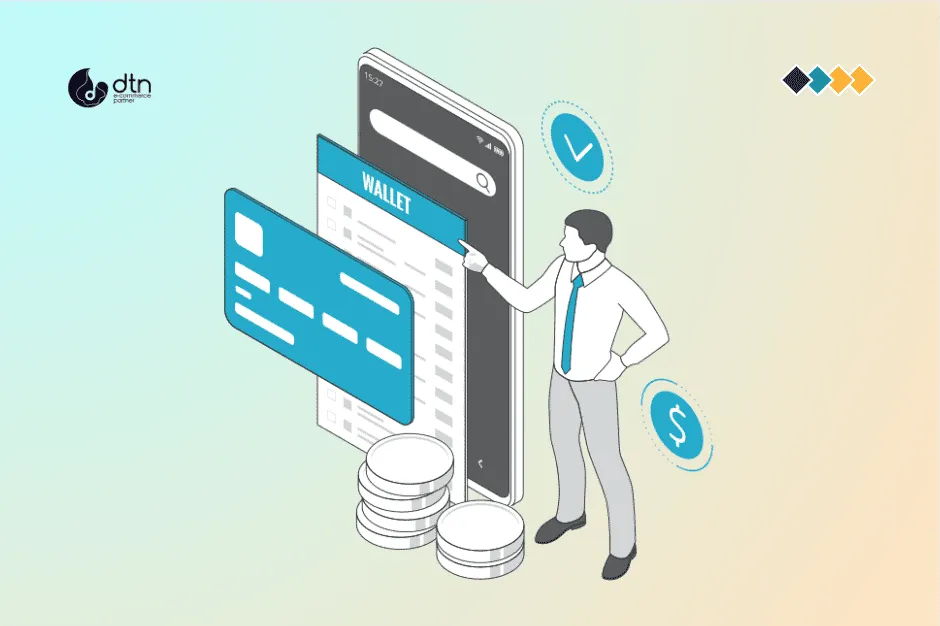In the dynamic landscape of e-commerce, safeguarding the integrity of online transactions stands as a pivotal concern. At the heart of this endeavor lies the payment gateway, a vital conduit ensuring the seamless and secure transfer of funds between customers and businesses. In this comprehensive guide, we delve into the intricacies of Secure Online Payment Gateways, shedding light on their key features, selection criteria, and the paramount importance of security.
Table of Contents
Understanding Payment Gateways
A payment gateway serves as a pivotal intermediary, facilitating the secure transmission of payment information between an e-commerce website and the customer’s financial institution. Central to its function is the encryption and transmission of sensitive data for authorization and settlement, ensuring the confidentiality and integrity of transactions.

Key Features of Secure Payment Gateways
- Encryption: Robust encryption protocols, such as SSL/TLS, safeguard payment data during transmission and storage, shielding it from unauthorized access or tampering.
- PCI Compliance: Adherence to the rigorous standards outlined by the Payment Card Industry Data Security Standard (PCI DSS) ensures the highest level of data protection for credit card transactions.
- Fraud Detection and Prevention: Advanced fraud detection mechanisms, including address verification, velocity checks, and CVV verification, help identify and mitigate fraudulent transactions in real-time.
- Tokenization: Tokenization replaces sensitive payment data with unique tokens, minimizing the risk of data breaches by rendering stolen information meaningless to malicious actors.
- Multi-Factor Authentication: Implementing multi-factor authentication adds an extra layer of security by requiring customers to provide multiple forms of identification before completing a transaction.
- Dispute Management: Comprehensive dispute management tools empower businesses to efficiently address customer inquiries, manage chargebacks, and resolve disputes in a timely manner.

Selecting the Right Payment Gateway
When evaluating payment gateways, businesses should consider several critical factors, including transaction volume, supported payment methods, security features, integration capabilities, and pricing structures. By aligning these considerations with their specific needs and requirements, businesses can identify the most suitable solution to ensure optimal performance and security.

Conclusion
In the realm of e-commerce, the selection of a secure payment gateway is paramount for safeguarding transactions and maintaining customer trust. By prioritizing features such as encryption, PCI compliance, fraud detection, and tokenization, businesses can fortify their payment processing infrastructure against emerging threats and vulnerabilities. Remember to conduct thorough assessments and comparisons to identify the payment gateway that best aligns with your business objectives and security requirements.
Frequently Asked Questions
We’ve compiled a list of answers to common questions.
What are some examples of leading payment gateways known for their robust security features?
Popular payment gateways renowned for their robust security features include PayPal, Stripe, Square, Authorize.Net, and Braintree. These platforms offer comprehensive encryption, PCI compliance, fraud detection, and tokenization capabilities to safeguard online transactions effectively.
How does tokenization contribute to the security of payment transactions?
Tokenization enhances security by replacing sensitive payment data, such as credit card numbers, with unique tokens. These tokens are devoid of any meaningful information and cannot be exploited by cybercriminals, thereby reducing the risk of data breaches and fraudulent activities.
Why is PCI compliance essential for payment gateways?
PCI compliance ensures that payment gateways adhere to stringent security standards when processing, storing, or transmitting credit card data. Compliance with the PCI DSS helps mitigate the risk of data breaches, fraud, and unauthorized access, instilling confidence in customers and regulatory authorities alike.
What strategies can businesses employ to effectively manage disputes and chargebacks?
Businesses should leverage the dispute management tools provided by their payment gateway to address customer inquiries, manage chargebacks, and resolve disputes promptly. Proactive monitoring of transactions, timely response to customer concerns, and diligent documentation are essential for effective dispute resolution.
When evaluating payment gateways, businesses should consider factors such as transaction fees, monthly subscription costs, setup fees, chargeback fees, currency conversion charges, and additional expenses for advanced security features or premium support. It’s imperative to assess the overall cost-effectiveness of each gateway based on transaction volume and business requirements.



